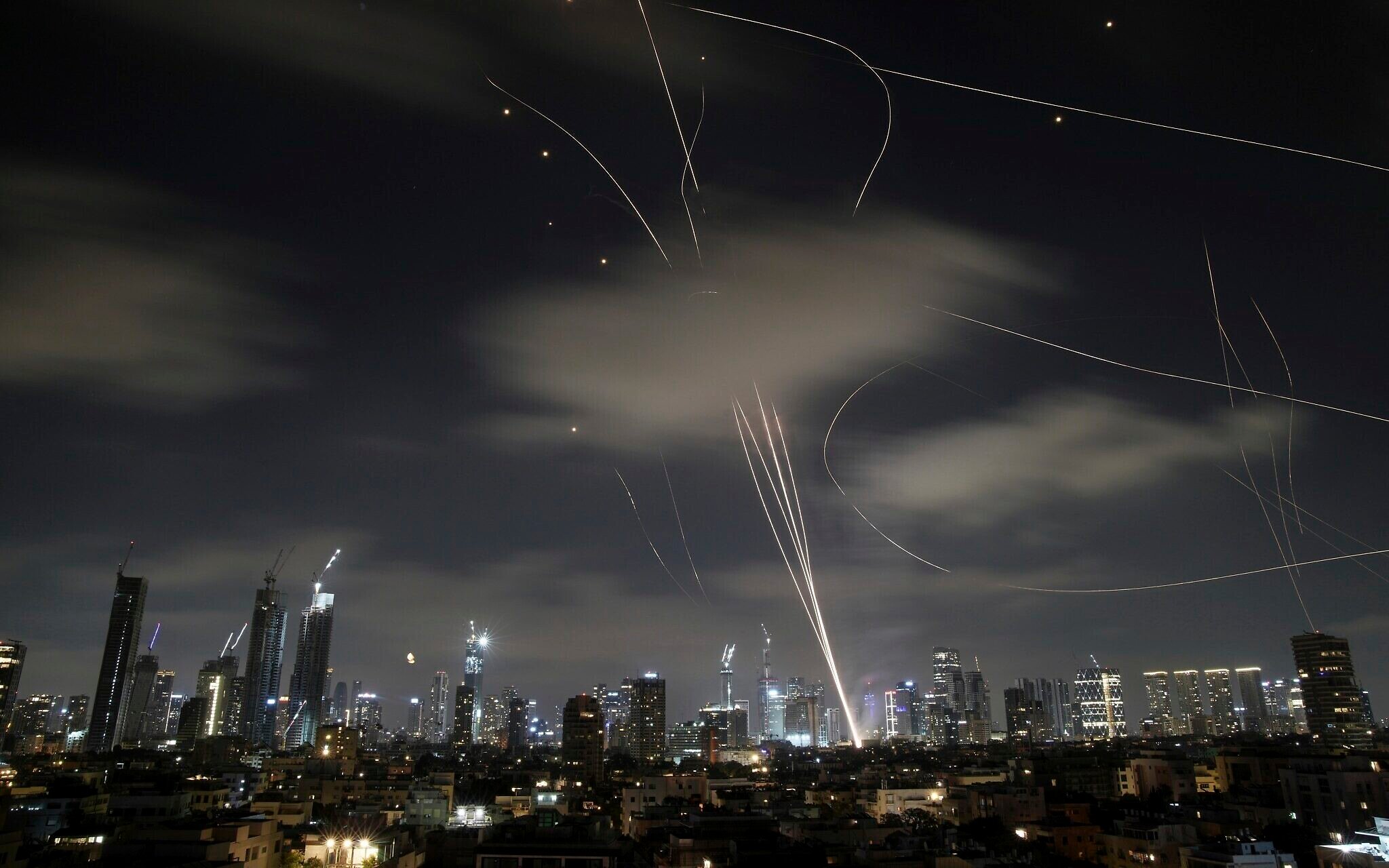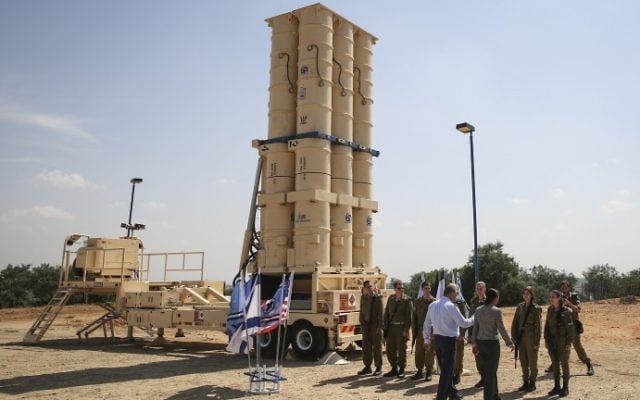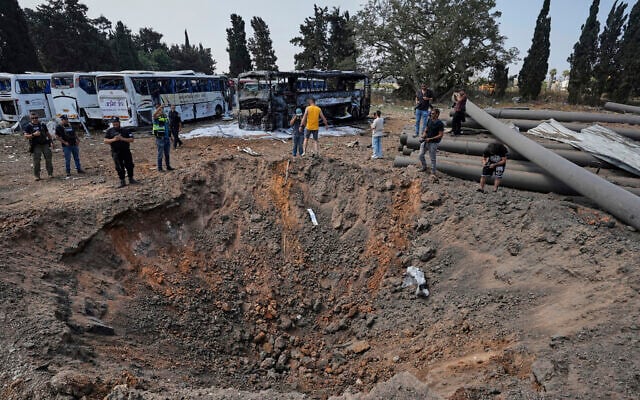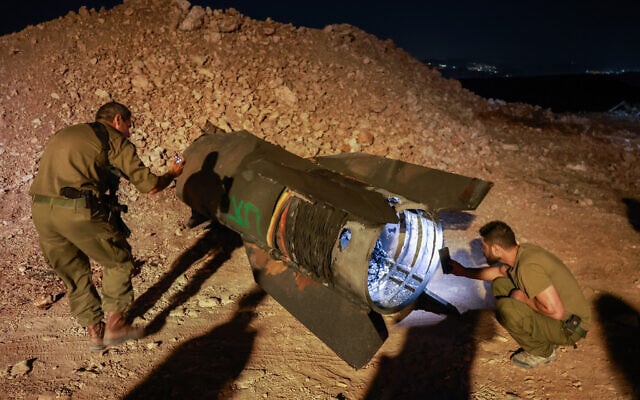



Israel is running low on defensive “Arrow” missile interceptors, The Wall Street Journal reported Wednesday, citing an unnamed US official.
The shortage has raised concerns about the country’s ability to continue to counter long-range ballistic missiles from Iran, the report said.
Since Israel launched its shock operation on Friday to remove the “existential threat” of the Iranian nuclear program and ballistic missile capabilities, the Islamic Republic has retaliated by launching more than 370 missiles and hundreds of drones at Israel.
So far, 24 people have been killed in Israel and more than 500 wounded.
According to the Journal report, the US has known about the shortage of Arrow interceptors for months, and has been working to bolster Israel’s air defenses accordingly.
But those stocks are limited, too. Having dispatched many to Israel, “there is now concern about the US burning through interceptors as well,” the newspaper said.
A report in The Washington Post Tuesday cited a person briefed on US and Israeli intelligence, who said that, according to “some assessments,” Israel can maintain its air defense for 10-12 days at the current rate of Iranian attacks — which have lessened since the start of the fighting last week — before it will require the US to replenish its stocks or get more involved in the war.
The source also said that already by later this week, Israel “will need to select what they want to intercept,” adding: “The system is already overwhelmed.”
Israel already chooses to allow some missiles to fall, when it knows they will land in open areas. However, when faced with large barrages, it has been unable to shoot down all missiles headed to population centers or critical infrastructure.
There was no Israeli comment on the reports. The Israel Defense Forces told the Journal that it is “prepared and ready to handle any scenario” but could not comment on munitions matters.
There has been no indication from Israel of any shortage of interceptors.
Most Iranian missiles fired at Israel in recent days have been intercepted, at similar rates to those seen during Iran’s attacks in April and October of 2024, according to the IDF.
No Israelis were killed in those attacks, though an Israeli girl was injured in April, and a Palestinian man in the West Bank was killed in October, by falling pieces of intercepted missiles.
However, unlike in the Iranian barrages in 2024, which mostly targeted the sprawling Nevatim airbase in the Negev Desert — a sparsely populated area — the latest barrages have focused on dense population centers, meaning the few missiles that are not intercepted are more likely to cause harm.
The IDF planned its operation in Iran months in advance, and claims to have accurate intelligence on Tehran’s ballistic missile stockpiles.
The military said Tuesday that some 40 percent of Iran’s ballistic missile launchers have been destroyed so far in the operation.
The Arrow system is not the only defensive measure being used against Iran’s missiles.
The US has both ground-based Patriot missile defense systems and Terminal High Altitude Air Defense (THAAD) systems in the Middle East capable of intercepting ballistic missiles. US Navy destroyers have also shot down projectiles.
Aside from the US, Israel’s allies in the region are not capable of shooting down ballistic missiles, which have a short flight time of around 10 minutes and are challenging to intercept, requiring advanced air defense systems.
Reuters and Emanuel Fabian contributed to this report.



